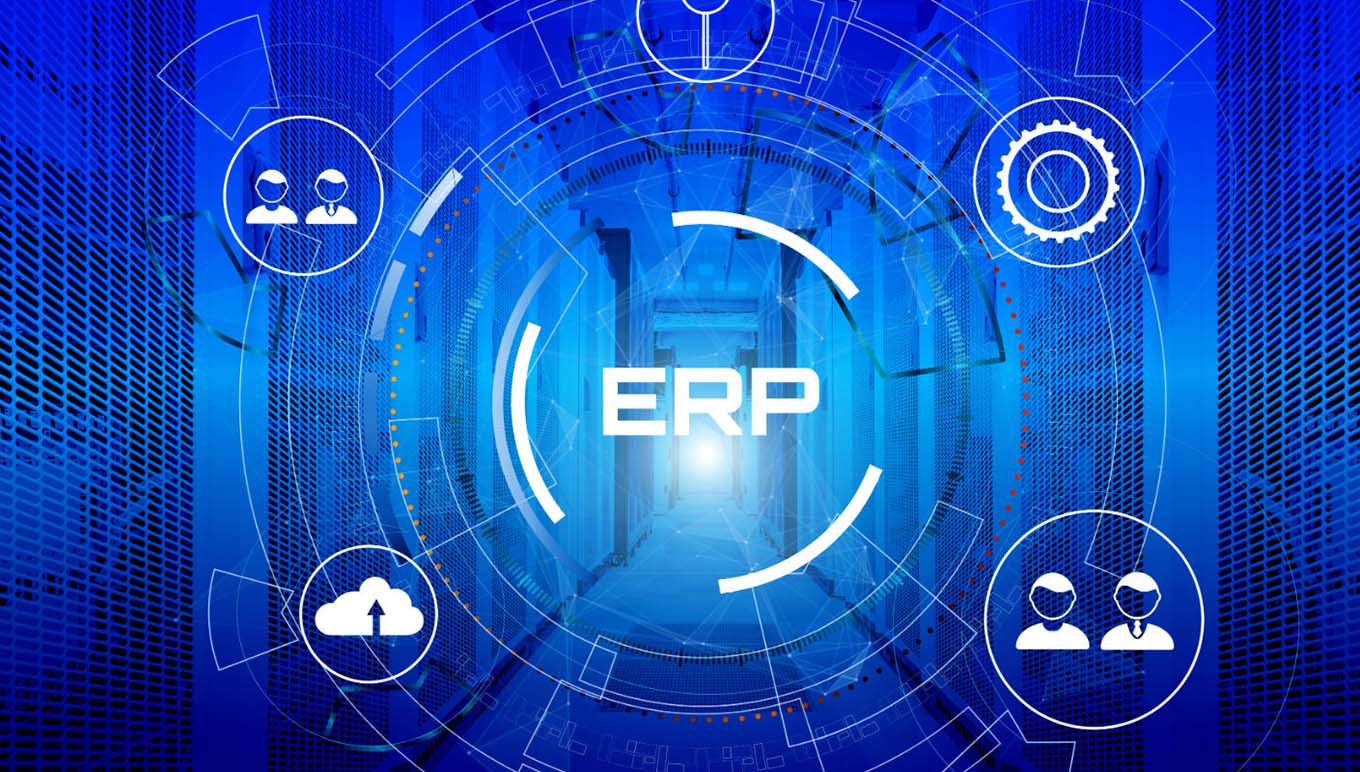
Benefits Of Integrating ERP Software with Point of Sale
Point-of-sale (POS) systems and enterprise resource planning (ERP) software are two crucial elements that work in tandem to manage business operations in different but complementary ways. ERP software is a comprehensive set of interconnected applications designed to automate and oversee critical business processes, such as inventory control, finance, supply chain management, and human resources. Conversely, retail companies use specialized software solutions and point-of-sale (POS) systems to expedite transactions at the point of sale. Among other things, point-of-sale (POS) systems process sales transactions, keep track of customer information, manage inventory levels, and generate sales reports. This article discusses the benefits and challenges of integrating ERP Software with Point of Sale, as well as how modern businesses can take advantage of this integration’s capacity to streamline operations.
Advantages of Integration
In today’s fast-paced business environment, efficient system integration is crucial to improving productivity and streamlining operations.
Unified Data Management:
By combining ERP software with point of sale, companies can centralize data management, guaranteeing accuracy and consistency throughout all functional domains. Organizations can get rid of data silos and get a complete picture of their business performance in real-time by syncing sales data, inventory levels, and customer information between the two systems.
Streamlined Operations:
By automating repetitive tasks and minimizing manual data entry, ERP and POS system integration simplifies business operations. For instance, the ERP system can automatically update sales transactions recorded in the POS system, resulting in inventory changes, the creation of invoices, and the updating of financial records all without the need for human intervention. This reduces mistakes, boosts productivity, and frees up employees to concentrate on higher-value tasks.
Better Customer Experience:
Companies can provide a smooth and customized customer experience at every touchpoint by integrating their ERP Software with point-of-sale systems. Sales associates can improve client happiness and commitment by providing personalized recommendations, promotions, and offers by accessing customer purchase history, preferences, and loyalty program data from the ERP system at the point of sale.
Extensive Reporting and Analysis:
Additionally, Businesses can use the abundance of data that integrated ERP and POS systems give them for reporting and analysis. Organizations can create extensive reports and dashboards that offer insights into sales performance, product trends, customer behavior, and profitability by combining sales, inventory, and financial data into a single platform. Moreover, This makes data-driven decision-making possible and makes forecasting and strategic planning easier.
Challenges Of Integration of ERP Software With Point of Sale:
Even though there are many advantages to integrating ERP software with point of sale systems, there are drawbacks that businesses may experience as well:
Compatibility problems:
Thus, It can be difficult to integrate disparate systems with different databases, protocols, and architectures. To ensure smooth data exchange, businesses may need to develop custom solutions or use middleware.
Data Security Issues:
For the safety of sensitive information like customer payment data, personal information, and proprietary business data, integrating ERP software with point of Sale systems necessitates a thorough investigation of data privacy and regulation requirements.
Training and Change Management:
As a result of the integration of the ERP and POS systems, employees may need assistance and training to get used to new procedures and workflows. To guarantee smooth adoption and reduce operational disruption, change management strategies are crucial.
Scalability and Flexibility:
Businesses must make sure that the combined ERP and POS system is both flexible and scalable enough to handle changes in business needs, future expansion, and technology breakthroughs.
Conclusion:
Modern businesses can benefit greatly from the integration of ERP software with point of sale systems. These benefits include unified data management, streamlined operations, improved inventory management, enhanced customer experience, and extensive reporting and analysis. While integrating different systems presents some difficulties, the benefits could be far greater than the drawbacks. CherryBerry ERP satisfies its customers by integrating ERP with point-of-sale and is best at providing such services that’s why it is highly recommended by its users.
